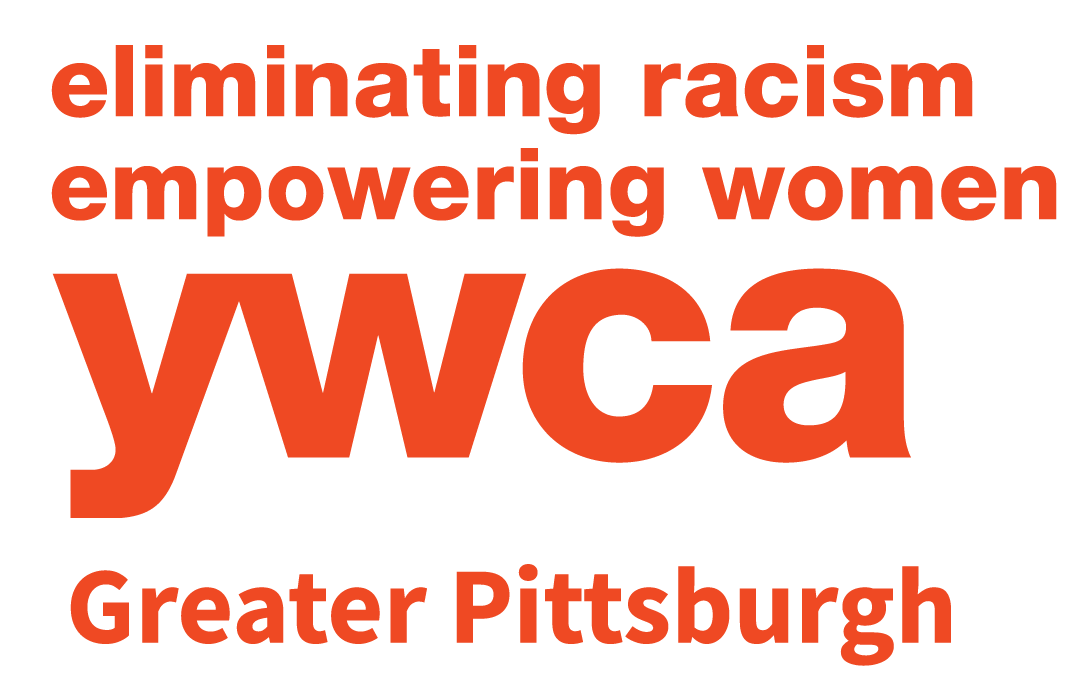Celebrating Hispanic Heritage Month
Celebrated annually from September 15 - October 15, Hispanic Heritage Month is a dedicated time to honor the histories and cultures of Hispanic and Latine communities.
The University of Pittsburgh describes its roots: “Recognized in the United States since 1968, the start of Latinx and Hispanic Heritage Month—Sept. 15—marks the date that several Latin American countries, including Costa Rica, El Salvador, Guatemala, Hondura and Nicaragua, obtained their independence from Spain.”
In honor of this observance, we’re looking back at just a few of the many significant moments and movements from throughout the history of Latine activism in the U.S.
The 1968 East L.A. Walkouts: Thousands of Chicano high school students from Los Angeles’ Eastside participated in walk-outs to protest systemic inequity in the public school system that kept Chicano students from greater educational opportunities. They condemned the war in Vietnam and the omission of Mexican American history in school curriculum. The walk-outs “ultimately led to improvements in city schools.” See historical photos and documents and read more about how the East L.A. Walkouts fit into “a larger political and cultural awakening of Mexican Americans.”
The Young Lords: In the late sixties, a group of Puerto Rican, Black, and Latine activists committed to eliminating racism and poverty—the Young Lords—took form in Chicago. A year after its founding, another chapter formed in New York City.
Similar to the Black Panther Party, the Young Lords organized under a 13-Point Program and Platform to fight against oppression, gentrification, and systemic discrimination in housing, employment, and education. They advocated for self-determination for Puerto Ricans and all Latinos, and established a free breakfast program for children along with a “liberation school.” Read more about the Young Lords and their revolutionary work.
Grape Workers’ Strike and Boycott: In September of 1965, Filipino grape pickers from the Agricultural Workers Organizing Committee (AWOC) initiated a strike against grape growers in Delano, California. They protested against exploitative labor practices, poor pay, and abhorrent working conditions, and asked the National Farm Workers Association (NFWA), led by Dolores Huerta and César Chávez, to join them.
Together, AWOC and NFWA formed the United Farm Workers Organizing Committee in 1966 and organized the five-year long, national Delano Grape Boycott, one of the “most significant labor campaigns and associated social movements in U.S. history.” Chicano farmworkers combatted violent intimidation tactics and the boycott ended in 1970 when “table grape growers at long last signed their first union contracts, granting workers better pay, benefits, and protections.”
